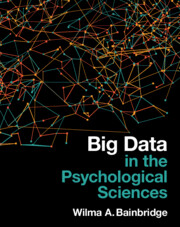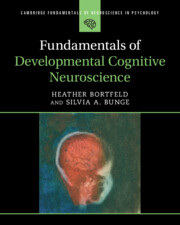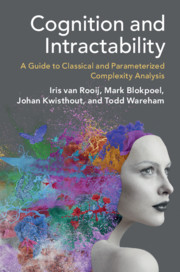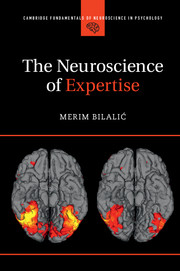Big Data in the Psychological Sciences
Cutting-edge computational tools like artificial intelligence, data scraping, and online experiments are leading to new discoveries about the human mind. However, these new methods can be intimidating. This textbook demonstrates how Big Data is transforming the field of psychology, in an approachable and engaging way that is geared toward undergraduate students without any computational training. Each chapter covers a hot topic, such as social networks, smart devices, mobile apps, and computational linguistics. Students are introduced to the types of Big Data one can collect, the methods for analyzing such data, and the psychological theories we can address. Each chapter also includes discussion of real-world applications and ethical issues. Supplementary resources include an instructor manual with assignment questions and sample answers, figures and tables, and varied resources for students such as interactive class exercises, experiment demos, articles, and tools.
- Showcases the exciting potential of computational methods without requiring programming skills
- Ethics and Applications sections to elucidate understanding of the broader applications and implications in the real world
- Includes discussion questions in every chapter to engage students and reorient them to the topic at hand
- Links psychological theory to methods to concrete examples of various types of experiments, helping students put knowledge into practice
Product details
October 2025Hardback
9781009343589
267 pages
254 × 203 mm
Not yet published - available from October 2025
Table of Contents
- Preface
- 1. What is big data?
- 2. What is small data?
- 3. Big participant samples
- 4. Big stimulus sets
- 5. Big experiments
- 6. Big artificial intelligence
- 7. Big human intelligence
- 8. Big software: apps and games
- 9. Big hardware: sensors and physiological data
- 10. Big brain data
- 11. Big language
- 12. Big social interactions
- Index.





